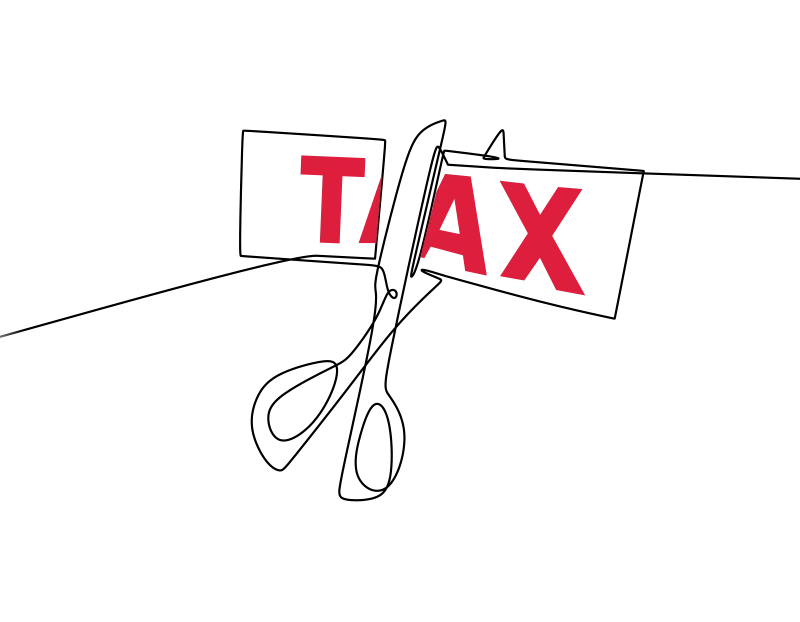By default any individual undertaking employment duties in the UK is immediately liable to UK employment taxes, even if they are only in the UK for a matter of days.
Relief for Short Term Business Visitors


Where certain pre-agreed conditions are met, a UK employer can apply to HMRC not to operate PAYE on the earnings of short term business visitors. This is known as a Short –Term Business Visitors’ Agreement (STBVA), or an Appendix 4 agreement.
Straight-Talking Advice:
Please note that the organisation will still require a PAYE scheme if it wishes to take advantage of an STBV arrangement

Four conditions which must be met for the concessions to apply are:-
- The individual must be resident in a country with which the UK has a relevant Double Taxation Agreement;
- The individual must be coming to work for a UK company or the UK branch of an overseas company whilst remaining an employee of an overseas company;
- The individual is expected to stay 183 days or less in any 12 month period;
- The UK company must not ultimately bear the cost of the employment – this includes paying for travel and subsistence expenses while the employee is in the UK.
It is important to bear in mind that if the individual overstays the thresholds, they will become subject to UK taxes on the income from the day they arrived
An employer wanting to take advantage of a STBVA must have an internal reporting system to track days spent by business visitors working for them in the UK. As a minimum, the employee must periodically report days spent in the UK to their employers so this information can be logged. Employees must not spend more than 30 days intermittently in the UK, without making such a report.
An outline of the reporting requirements where a STBVA has been obtained.
is provided as a general guide below: Visiting UK for 1 to 30 days – no reporting requirements for employer or employee.
- Visiting UK for 31-59 days – no reporting requirement as long as there is no formal contract for employment with the UK employer and the visit does not form part of a more substantial stay.
- Visiting UK for 60-90 days – UK payroll taxes can be disregarded, provided that the employer must provide the following information to the tax office before 31st May following the end of the tax year:
- Full name of individual;
- Last known UK and overseas address of the employee;
- Details of employment duties undertaken;
- Date of commencement and cessation;
- Country where tax return is submitted which covers worldwide income;
- Confirmation that the UK company neither bears the cost of employment, nor functions as the employer as the employer during the UK assignment;
- Visiting the UK for 91-150 days – payroll taxes can be disregarded, but the employer must provide all the information required above plus:
- US citizens must provide evidence of continuing US residence;
- For non-US citizens a statement from the home country tax authorities confirming residence in that country for tax purposes provided to the HMRC Office by 31st May following the end of the tax year;
- Visiting the UK for 151-183 days – applications must be made on a named individual basis for authority to include the employee under the agreement. The application must be made as soon as the employee’s presence in the UK can be “reasonably anticipated” to be more than 150 days. The employer must provide all the information required for visitors “up to 90 days” above plus:
- Confirmation that a statement from the home country tax authority confirming residence will be received by 31st May, following the end of the tax year.
- A statement from the employee giving reasons as to why they are considered treaty resident in an overseas country by reference to the appropriate provision in the Double Tax Treaty
We advise that all companies sending employees to the UK periodically should put in place written agreements with the employees to capture the required information. We can provide such agreements on request.
There are restrictions and further detailed conditions, for example the method of counting days spent in the UK, so it is important to seek advice on a case by case basis to ensure this relief is used correctly.
Stautory directors
The income earned by statutory directors can often be covered by its own specific article which is different to the employment income article in the same tax treaty. Details differ by country but very often this means that income earned from such directorships cannot be included in the company’s STBV.
Annual PAYE scheme – Appendix 8
A further simplification operates for employees who spend 60 or less workdays in the UK.. Appendix 8 permits employers of such STBVs taxable in the UK, including those from overseas branches and visitors from non-DTA countries to pay and report tax in respect of PAYE income annually.
A single return which includes all pay as well as the cash equivalent of any benefits provided will need to be submitted by 31 May following the end of the relevant tax year.
Related Quick Guides
Let us Introduce Ourselves
To find your nearest office or get in touch with one of our specialist advisors to see how we can help your business, please go to our contact page.





